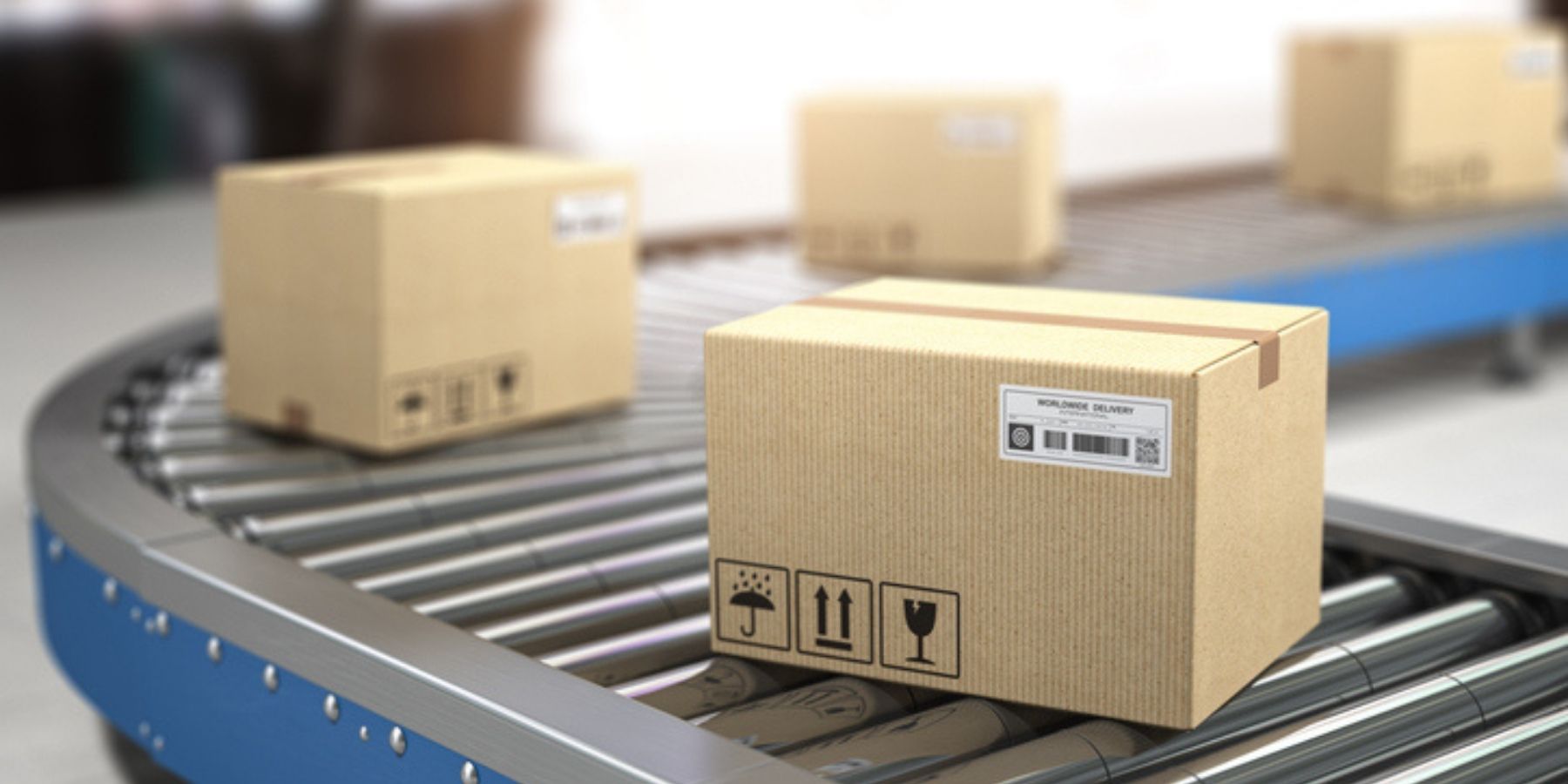Shipping is the lifeline of every online store. But in 2025, it’s no longer enough to simply move packages from Point A to Point B. You also need to master the rules of restricted shipping—rules that determine which products can go where, how they’re shipped, and who can receive them. Ignoring these rules can lead to fines, delivery delays, and frustrated customers.
In this guide, we discuss what restricted shipping is, how it’s evolved, and why certain items still raise red flags. We’ll also explain how major carriers like UPS, FedEx, USPS, and DHL enforce these rules, how modern eCommerce tools can automate compliance, and share five best-practice tips you can apply today.
TLDR
Restricted shipping refers to carrier- or government-regulated items—think lithium batteries, aerosols, firearms, alcohol—that require special handling or documentation. Retailers need to understand why these products face restrictions, how the rules have tightened over time, and what each major carrier (UPS, FedEx, USPS, DHL) requires to keep shipments legal and safe. Ignoring these regulations can trigger fines, delivery delays, and lead to unhappy customers.
To stay compliant, audit your catalog regularly, subscribe to carrier alerts, use rule-based shipping software, train your team, and communicate restrictions clearly at checkout. Additionally, shipping solutions can help you automate geo-blocking, carrier filtering, and special-handling rules, turning regulated shipping from a headache into a growth advantage.
What is Restricted Shipping?
Put simply, restricted shipping covers any product that carriers, regulators, or governments limit, ban, or allow only under special conditions. The goal is safety – keeping flammable, fragile, toxic, or tightly controlled items out of the wrong hands.
Why Some Items Face Shipping Restrictions
Products can be restricted for several reasons:
- Safety Hazards: For example, lithium batteries can catch fire if damaged.
- Legal Compliance: Governments and carriers regulate certain items like firearms to prevent misuse.
- Carrier Policies: Every carrier—UPS, FedEx, USPS, and DHL—has its own list of restricted items to protect themselves and their customers.
A Brief History of Shipping Restrictions
Shipping limitations or restrictions aren’t a new challenge. In the early 20th century, railroads and steamships posted “no explosives” signs to prevent accidents. Later, aviation authorities added lists of hazardous goods pilots couldn’t carry.
As eCommerce grew, thousands of small merchants started shipping items once handled only by specialized freight companies. Regulations raced to keep up. More recently, sustainability concerns have added new layers – like stricter limits on lithium-ion batteries and clearer labeling for recyclable packaging. What began as a niche worry has also become a daily checkpoint for every online retailer.
Examples of Restricted Items
Here are some common items that often face shipping limitations.
| Product Category | Why It’s Restricted |
| Lithium batteries | Fire hazard in air cargo |
| Perfume & aerosols | Flammable propellant |
| Firearms & ammo | Federal and state laws |
| Vaping products | Age verification rules |
| Alcohol | Varies by state and country |
| Supplements (CBD oil, Kratom, etc) | FDA or customs limitations |
Understanding why products are restricted helps you plan and avoid shipping surprises.
How Major Carriers Handle Restricted Shipping
Each carrier has its own rules for shipping restricted items. While the core principles are similar, small differences can impact your shipments. Here’s a clear look at each carrier’s approach.
UPS Shipping Restrictions
- Requires pre-approval for hazardous materials like lithium batteries.
- Enforces specific packaging rules, including rigid containers with UN markings for batteries.
- Mandates adult signature upon delivery for certain restricted items, including firearms.
- May require additional documentation (such as a Federal Firearms License (FFL)) for legal compliance.
FedEx Shipping Restrictions
- Operates a Dangerous Goods desk to handle items like aerosols and perfumes.
- Enforces strict labeling requirements for hazardous materials.
- Requires certain items, like firearms, to be shipped via specific services (e.g., Priority Overnight).
- May request pre-approval and appropriate documentation for certain restricted items.
USPS Shipping Restrictions
- Prohibits most handguns from consumer shipments; exceptions exist for certain licensed parties.
- Allows long guns to be shipped under specific conditions with a proper declaration.
- Enforces strict limits on hazardous materials, including perfumes and aerosols.
- Does not allow lithium batteries to be shipped loose outside of a device.
DHL Shipping Restrictions
- Applies international trade restrictions, including local customs laws.
- Requires clear labeling and documentation for all restricted items.
- Flag potential issues through their online portal, helping avoid customs seizures.
- May prohibit certain products that are legal in the U.S. but restricted abroad (e.g., in the EU).
Key Takeaway: Even small rule changes, like updated labeling requirements, can halt your shipment. Always review the latest service guides before shipping, especially during peak seasons.
Simplifying Shipping Compliance with the Right Shipping Management Tools
Managing shipping limitations can feel overwhelming for eCommerce retailers, but it doesn’t have to be. With a shipping management platform like ShipperHQ, you can turn complex regulations into smooth, automated processes that protect your business and delight customers.
Here’s how forward-thinking retailers are tackling shipping compliance and keeping operations seamless:
- Block Shipments Where Needed: Automatically prevent deliveries to states or countries with shipping restrictions, helping you avoid mistakes and ensuring compliance every time.
- Show Only the Right Delivery Options at Checkout: Display only the shipping methods that meet carrier and legal requirements, reducing confusion and avoiding unexpected delays or returns.
- Handle Special Shipping Requirements: Automatically apply the correct shipping method for items that need extra care, like products that must ship via ground.
- Run Targeted Promotions: Even with shipping restrictions in place, you can still drive sales by offering targeted promotions—like discounts or free shipping—on eligible products.
By using the right tools, you can turn regulated shipping from a headache into a real advantage. As a result, you’ll spend less time worrying about compliance and more time growing your business.
Five Tips to Manage Shipping Restrictions Like a Pro
Shipping compliance might sound hard, but with a few simple steps, you can handle it easily. Here are five tips to help you stay ahead.
1. Audit Your Catalog Monthly
- Check your product listings every month against your carrier’s restricted items lists.
- Remove or flag products like lithium batteries or aerosols that face strict regulations.
2. Subscribe to Carrier Alerts
- Sign up for newsletters or alerts from UPS, FedEx, USPS, and DHL.
- Stay informed about policy updates that could impact your shipments.
3. Use Rule-Based Shipping Software
- Automate tasks like geo-blocking, carrier filtering, and packaging logic.
- Let the shipping solution handle restrictions so you don’t have to worry about manual errors.
4. Train Your Team Early and Often
- Teach warehouse staff to spot incorrect labels and missing paperwork.
- Ensure your customer service team can explain why certain items can’t ship to specific ZIP codes.
5. Be Transparent About Shipping Limitations with Customers
- Clearly state shipping limitations on product pages and during checkout.
- Elaborate why some products can’t ship to certain areas to avoid customer confusion.
By putting these tips into practice, you’ll build a reliable shipping compliance process that’s efficient, trustworthy, and easy to manage.
Shipping compliance isn’t just a box to tick—it’s essential to running a smooth eCommerce business. Therefore, understanding carrier rules and product restrictions means fewer headaches and happier customers.
ShipperHQ keeps us legally compliant, I rest easier at night knowing they have our back. We no longer have to cancel orders when we can’t legally ship an item, or contact customers after they’ve ordered because we need to update their shipping quote.
Alex Cramer, CEO, International Military Antiques






